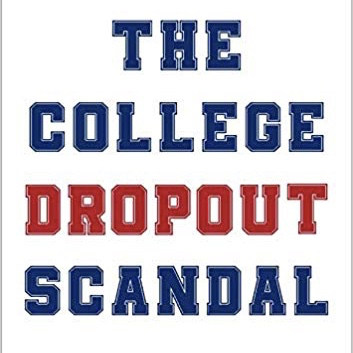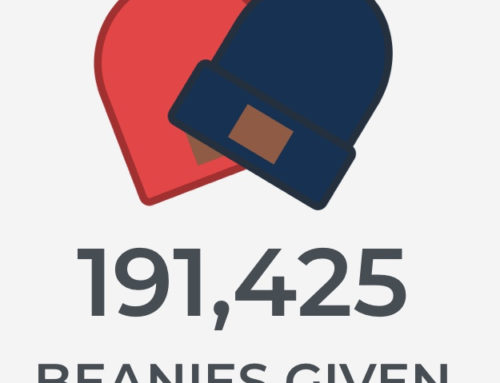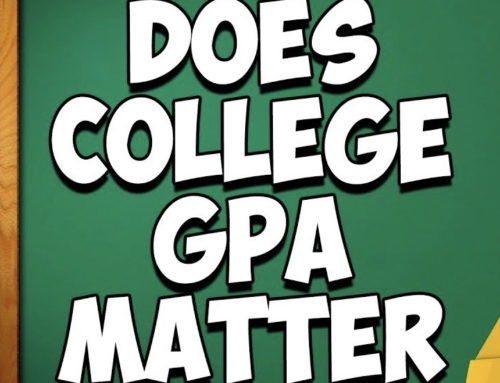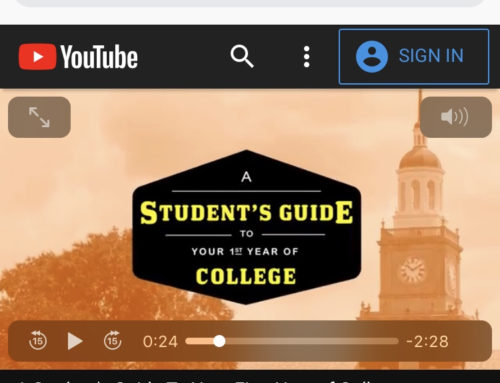David L. Kirp, author of “The College Dropout Scandal,” wrote an interesting Op-Ed piece in the Los Angeles Times that highlights getting into college is only one piece of the puzzle:
“About 10% to 20% of students who are accepted by a college inform the institution they are coming, pay a deposit, but never show up. Some students decide not to enroll because of a change of heart — they decide college is not for them, or a change of circumstances keeps them tethered to their families. But as Ben Castleman at the University of Virginia and Lindsay Page at the University of Pittsburgh, have shown, the explanation is often a lack of knowledge on the part of students about what they need to do once they are accepted.”
https://www.latimes.com/opinion/story/2019-08-16/college-attendance-nudges-financial-aid
And in EdSource Kirp notes what College4Careers has been counseling families about for years – the illusion that colleges and universities have the resources to assist students with not only the transition to college life but also the means to get them on the path to a realistic four year college graduation goal. With an undergraduate dropout rate close to 40% and six-year+ graduation rates climbing to almost 60% we know that students need more support for college success.
“When students come to college, it’s a big transition. They are on their own for the first time. Some don’t know whether they are going to make it, they don’t know whether they are college material…Students need to learn that it’s ok to admit you have problems, to go to learning centers to get help. They need to know that professors and teaching assistants are not going to bite your head off if you to talk to them. And they need to have a goal in their head. But there needs to be someone on the other side of that conversation. Someone who says if you want to major in X, these are the courses you need to be taking now. If you are having trouble and need to talk to someone, there is nobody out there if the ratio of counselors to students is one to 1,000. It’s a two-way street. Students have to be helped to figure out that they are not dumb.”
https://edsource.org/2019/national-college-dropout-rates-are-a-scandal-uc-author-says/616248
Getting students on campus, through their classes, and walking up to accept their diploma within four years are the other pieces to the college graduation puzzle. If your student is stuck wondering what to do next, we can be their personal college counselor ‘during’ their college years and get them ready to tackle any issues headed their way, whether they are a first time freshman, transfer student, or at any stage of their college years.






